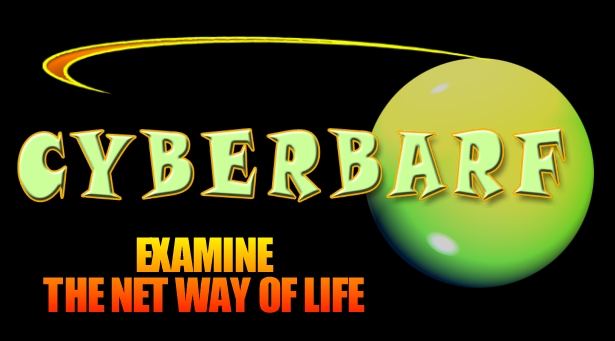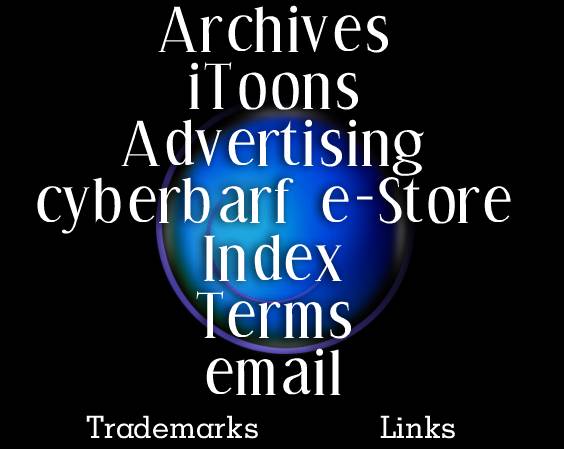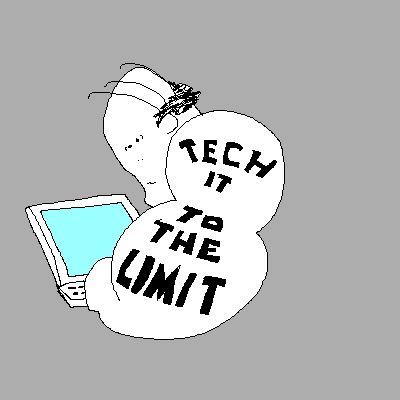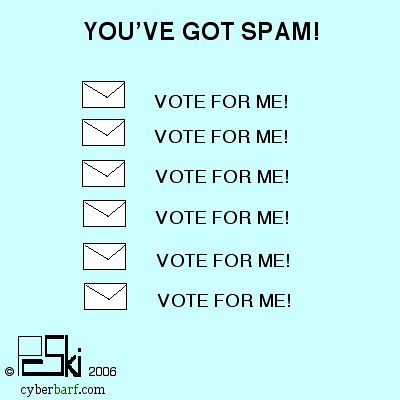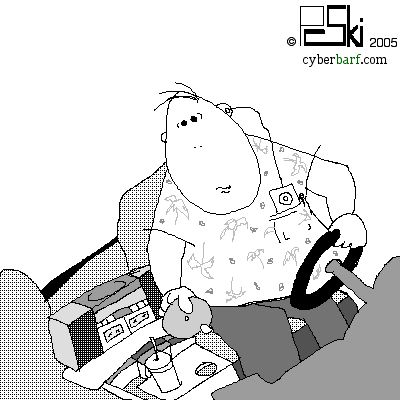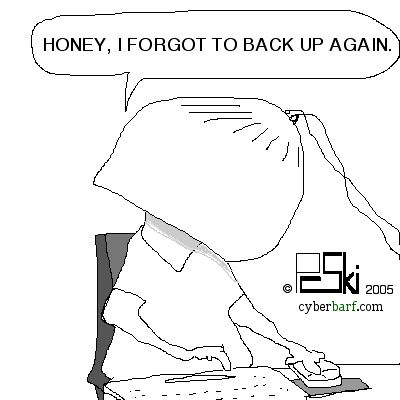The fast money dot.com era returns with short bursts
of unreality. The founders of the web site, YOUTUBE, a video upload-sharing
content host, was sold to the founders of Google for $1.65 billion in
stock. For a company that is less than micron old in the corporate timeline,
it was a huge pay out. Why the huge price for a dot com in the conservative
2000s?
First, the Google guys are printing their own money
- - - the GOOG stock is still high above $400/share. The new business
model was to print stock shares and sell them to the public, exit when
the SEC rules allowed, and pray the paper napkin business model will
hold until the new board of directors, Wall Street institutional investors
and M & A guys push you out the door with another golden parachute.
The priority of the day was to concentrate an exit strategy before even
thinking about whether the business or service could make a profit.
In the go-go stock market, the latter objective was merely dropped.
The money machine was the stock market and perception of the new economy
was enough to create instant billionaires. Flash forward a decade, and
now perception is enough to create instant billionaires. Instead of
stockbrokers peddling freshly printed stock certificates, the YouTube
founders received the purchase price in Google stock, the new technology
currency of choice. Who needs greenbacks when you can get your hands
on appreciating Google shares?
Second, it was another of those porism acquisition.
YouTube quickly ascended to the most popular video web sharing site
on the net. Analysts and pundits kept chirping that video will be the
next-great-thing like the iTunes store was to the music biz. YouTube
has an estimated library of 100 million videos. It has an easy user
interface, and a rating-ranking system that has replaced the funny fax
chain letter in corporate cubicles. On the positive side, the site was
receiving free content; people would upload video that the public created,
extracted or archived from their personal video-TiVo-DVD collections.
Free content is a great find in any business model. On the negative
side, the site apparently was not making any money. Ads on home page?
Not that I could recall. Networks and distributors paying for access
to the site? Not that I could recall reading about. (Usually, it is
the other way around). With the amount of server space and bandwidth
required to service 100 million hits a day, the “cash burn”
had to be in the millions of dollars per day. So it had the classic
dot com characteristics: a hugely popular site but with no real revenue
stream.
Third, there was a possible bidding war brewing for
the web-video market. Potential buyers like Microsoft or Yahoo would
have liked to add video to their product lists. But Google has more
“currency” for this risk, so it could afford to overpay by
3x, 4x, 5x, 6.5x, 165x or whatever history will determine would have
been the fair price (as opposed to the market price). So Google was
trying to take out the competition before there was competition for
the video web space.
Fourth, it is part of the model media that caters to
the social networking scene. News Corp paid a lot for the social web
blog service, myspace.com, for the name recognition and an attempt to
push other News Corp assets and advertising to the youth with disposable
allowance money market. The idea is that a major media company can push
its advertising, banners and animated billboards anywhere where the
eyeballs are trained; in this case, next to video windows. Google's
only revenue stream of note is the ads which pop up next to its search
results. One can assume that it will try to leverage the same format
to the YouTube pages. (Some other content creators have placed advertisements
at the beginning of their video or animation shorts like a movie theatre
during the previews. But the YouTube model was having the amateur net
surfers upload what they wanted to share, and not cut and paste purchased
ads into the video uploads.)
Potential. That is what the sale was all about. Napster
had potential to rock the music world. In some ways it did; it created
a wolf pack of copyright lawyers ripping the service for illegal copyright
infringement into bankruptcy and reconstruction into a nominal web music
store. There were a bunch of Napster clones, peer to peer file sharers
to industry sponsored pay per download music sites but only one company,
Apple, has conquered all the hardware, software and content issues with
the ease of its iTunes store. Now Apple is expanding from music, to
music videos, to television shows, and now to full length feature movies.
Apple is on the playing field with professional Hollywood production
companies and artists. The YouTube content providers are independent
producers or in some cases alleged infringement of copyrighted programs.
The founders of YouTube are smiling all the way to the bank; any Napster
problems, competition or fad implosion are no longer their concern.
Those crazy, free spirited web surfers made them multimillionaires.

 Vol.
6 No. 4
Vol.
6 No. 4
